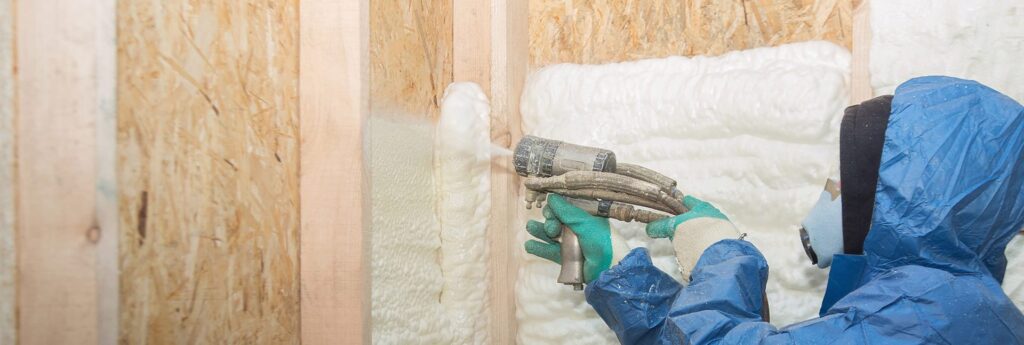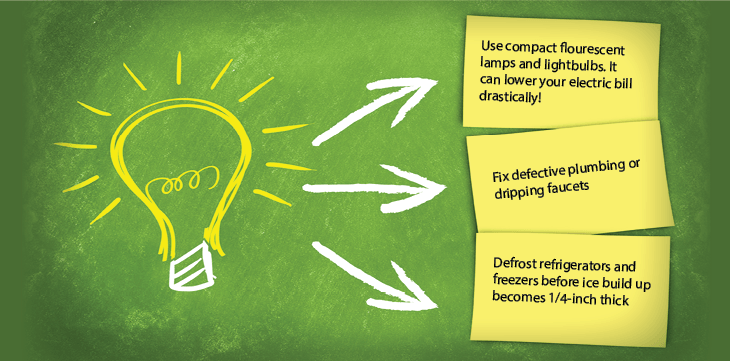Why doesn’t Spray Foam insulation absorb or retain moisture
Homeowners, contractors, and developers alike can agree that an effective insulation material should not only be able to regulate indoor temperature but also prevent moisture and mold formation. One such insulation material that has been gaining popularity among professionals is spray foam insulation. It is one of the most effective insulation options available in the market that offers superior thermal insulation and air sealing properties. In this blog post, we will discuss why spray foam insulation is impervious to moisture and how it differs from traditional insulation materials.

The Imperviousness of Spray Foam Insulation to Moisture
Spray foam insulation is a type of insulation made up of two primary components, isocyanate and polyol resin, that are mixed together during application. When sprayed onto a surface, spray foam insulation expands and hardens to form a continuous, solid barrier that adheres to the surface. This barrier acts as an effective moisture barrier as well, preventing water and other liquids from penetrating it and promoting mold growth.
Most moisture problems in homes result from uncontrolled air leakage, which is often exacerbated by poorly insulated areas. Traditional insulation materials like fiberglass, cellulose, and rock wool do not function as an air barrier; hence they cannot effectively prevent moisture and mold formation. Their porous nature allows moisture to penetrate, leading to structural damage and health hazards.
On the other hand, spray foam insulation is a superior barrier against uncontrolled air leakage. It expands to fill gaps, seams, and crevices, creating airtight seals that prevent warm, humid air from entering the attic or crawl space. Since warm air cannot infiltrate the home, condensation does not occur, which ultimately reduces the formation of mold and mildew.
Spray foam insulation is also an excellent moisture-resistant material. Its rigid structure makes it impervious to water retention and does not absorb water like traditional insulation materials. Unlike cellulose and fiberglass insulation, which absorb moisture and create a welcoming environment for mold, spray foam insulation has no organic compounds that provide nutrients for fungi to thrive.
Lastly, it is essential to know that proper installation is crucial to spray foam insulation’s effectiveness. If spray foam insulation is not installed correctly, it can lead to voids, leaks, and other installation issues that can compromise its vapor retardant and air barrier properties. Therefore, it is advisable to hire a professional insulation contractor to install spray foam insulation for optimal energy efficiency and moisture resistance.
Spray foam insulation is an excellent moisture-resistant material that prevents mold, mildew, and structural damage caused by moisture buildup. Its ability to control air leakage, quick expansion, and rigid structure makes it an ideal barrier against moisture and promotes a healthy indoor environment. Homeowners, contractors, and developers can trust spray foam insulation for both its thermal and moisture control properties. Remember, proper installation is crucial to its effectiveness, so hiring a professional insulation contractor is highly recommended.




